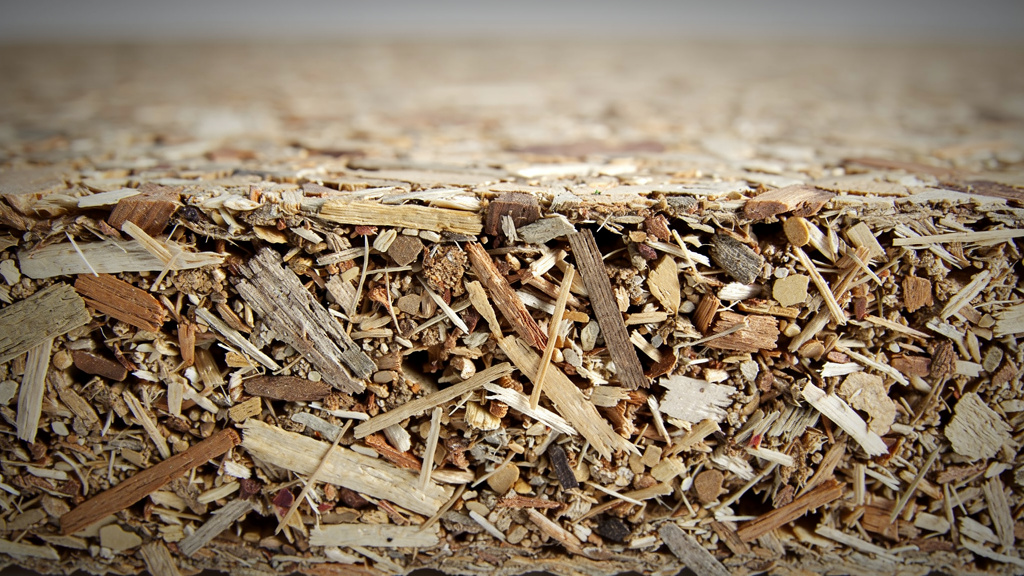Save $995 on all projects over $10,000! Learn more

Vinyl Vs. Hardie Siding: Which Holds Up Better In Greater Atlanta, GA?
Think of siding as your home's all-weather jacket. When storms roll through Greater Atlanta, GA, that jacket gets pounded by rain, blasted by UV, and steamed by humidity. Choosing between vinyl siding and Hardie plank siding is not just about looks—it is about long-term protection, energy efficiency, and peace of mind.
The stakes are high. Atlanta's heat, moisture, and seasonal storms stress every inch of an exterior. The right siding helps:
- Protect framing from rot
- Keep interior comfort steady
- Improve curb appeal
- Add value at resale
The wrong choice can mean swelling, fading, cracks, and expensive siding replacement far sooner than expected.
Fiber cement has clear advantages in Georgia's climate. It resists moisture, heat, and impact better than vinyl siding, and it holds color longer with far less upkeep. With 25+ years serving homeowners across Greater Atlanta, Keystone Siding & Windows installs James Hardie fiber cement exclusively because it performs where others fall short.
"In climates with high humidity and severe weather patterns, the choice of exterior cladding can mean the difference between decades of protection and repeated repairs." – Building Science Corporation
What follows is a straight, expert comparison. You will see how each material handles Atlanta's weather, how that affects lifespan and maintenance, and what the true cost looks like over time. By the end, you will know which choice protects your home best and how to move forward with confidence.
What Makes Greater Atlanta's Climate Challenging For Siding Materials?
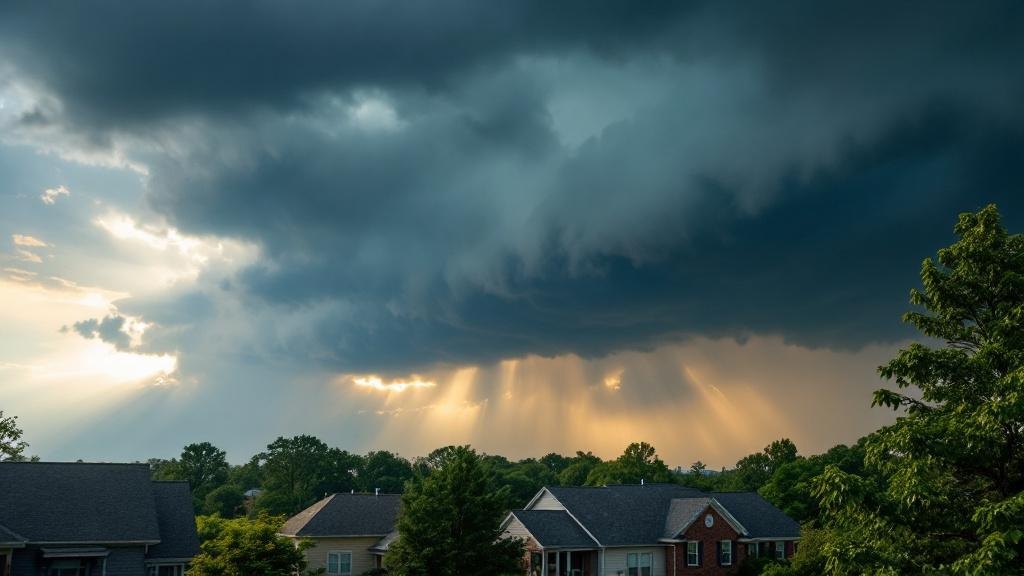
Greater Atlanta mixes long, humid summers with intense sunshine, heavy rain, and punchy storm seasons. High heat and strong UV can bake weaker materials, causing color fade and brittleness. Humidity and wind-driven rain push moisture into seams and behind panels, and that moisture can linger inside walls.
When water gets past the exterior, it can set the stage for rot, mold, and hidden structural damage. Materials that absorb water may swell, crack, or delaminate. Repeated wet-dry cycles make the problem worse, especially around windows, doors, and roof-to-wall transitions.
UV exposure speeds up color fading and surface breakdown on many plastics. Add hail and high winds, and impact resistance becomes a must. Georgia also brings pests like termites, carpenter ants, and even woodpeckers, which can attack wood-based products and soft spots in failing exteriors.
Key Climate Challenges Include:
- High humidity levels (averaging 65-75% in summer)
- Intense UV radiation throughout extended warm seasons
- Severe thunderstorms with hail and high winds
- Temperature fluctuations between seasons
- Pest pressure from wood-destroying insects
In short, siding in Greater Atlanta, GA needs to resist moisture, shrug off sun, handle impact, and stand firm against pests. Not every product is engineered to do all of that well.
How Does Vinyl Siding Perform In Greater Atlanta Conditions?
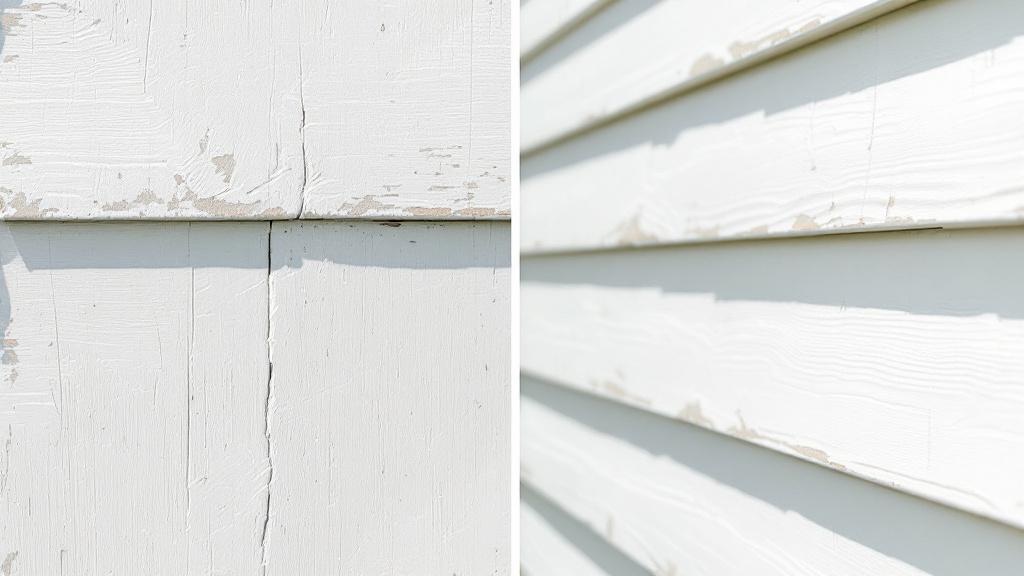
Vinyl siding is attractive at first glance. It is affordable, light, and quick to install. Many color options exist, and for some homes in milder regions, it can be a workable pick. In Greater Atlanta, though, the climate exposes its weak spots faster.
Heat And UV Degradation
Heat and UV are the big issues. Prolonged sun can cause vinyl to fade noticeably. Dark colors run hotter, raising the risk of warping or even melting near grills or reflective windows. Temperature swings make vinyl expand and contract, which can lead to gaps, rattling, or buckling if the nailing and spacing are not perfect.
Storm Vulnerability
Storms are another problem. Hail and flying debris can crack or puncture panels. High winds can lift and loosen courses. While vinyl itself does not rot, wind-driven rain can get behind panels, and trapped moisture can damage sheathing and framing out of sight.
Maintenance And Performance Limitations
Maintenance shows up as spot fixes and color fatigue. Once fading sets in, repainting is difficult, and panel matching can be tricky. Vinyl siding also offers minimal insulation value, which can allow more heat gain and loss through the walls. It brings no fire resistance. In a demanding climate like Greater Atlanta, GA, vinyl siding often underperforms expectations over time.
Common vinyl siding issues in Atlanta include:
- Color fading within 5-7 years
- Warping on south and west-facing walls
- Cracking during hail storms
- Loosening during high winds
- Moisture infiltration at seams
Why Hardie Plank Fiber Cement Siding Outperforms In Atlanta
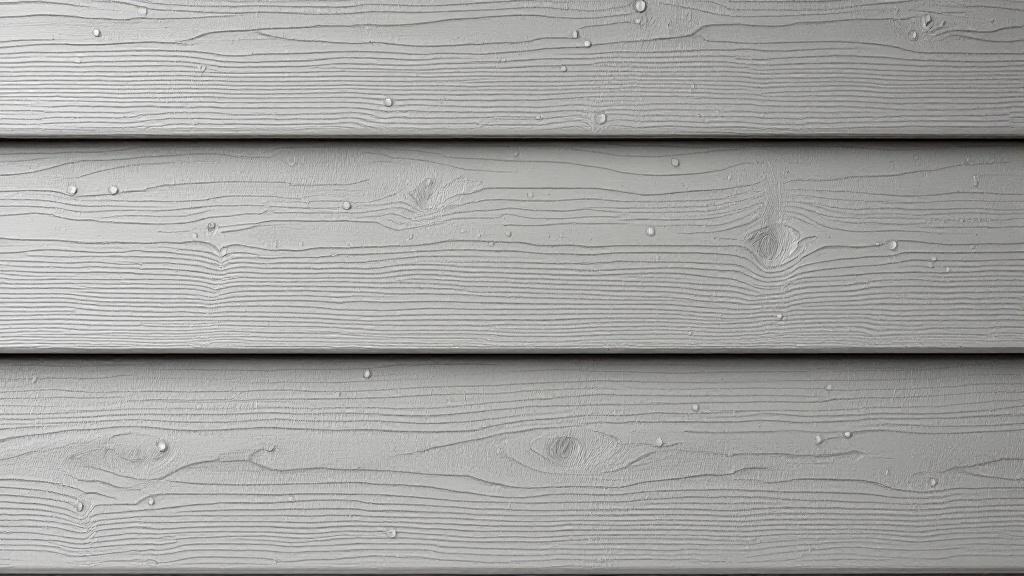
Hardie plank siding is engineered for climate stress. James Hardie's fiber cement blend delivers stability under heat, humidity, and storm exposure, which is why it is a top choice for siding replacement across Greater Atlanta. It holds its shape, sheds water, and keeps looking sharp with very little upkeep.
Superior Moisture Management
Moisture resistance is a standout. Fiber cement does not absorb water the way wood can, so it helps prevent swelling, cracking, and rot, even through long, muggy summers. During storm season, Hardie plank siding resists impact from hail and holds tight in high winds without the brittleness that can plague vinyl.
Long-Lasting Color And Finish
Sun is less of a problem, too. The ColorPlus Technology finish is baked on at the factory for consistent color that resists fading, chipping, and peeling. Homeowners get a 15-year limited finish warranty on ColorPlus and a 30-year non-prorated product warranty, which speaks to long service life.
"Fiber cement siding has proven to be one of the most durable exterior cladding options in regions with challenging weather conditions, offering superior resistance to moisture, insects, and fire." – James Hardie Building Products
Pest And Fire Resistance
Pests do not like fiber cement. Termites, carpenter ants, and woodpeckers ignore it, sparing you from costly pest damage. It is also non-combustible, so it will not ignite or add fuel to a fire, and some carriers may reward that with lower insurance premiums.
Energy Performance And Design Options
Compared to vinyl, fiber cement's thermal stability and tighter assemblies can improve overall wall performance, easing HVAC workload and helping lower utility bills.
Looks matter, and Hardie offers a wide menu:
- Lap siding for traditional styling
- Shake profiles for rustic appeal
- Board-and-batten for contemporary looks
- Shiplap for modern designs
- Available in Cedarmill or Smooth textures
- 21 ColorPlus colors to choose from
Routine care is simple—twice-yearly cleaning with a soft nylon brush and a garden hose. Put it all together, and Hardie plank siding is the investment-grade pick for Greater Atlanta, GA homes.
Initial Investment Vs. Long-Term Value
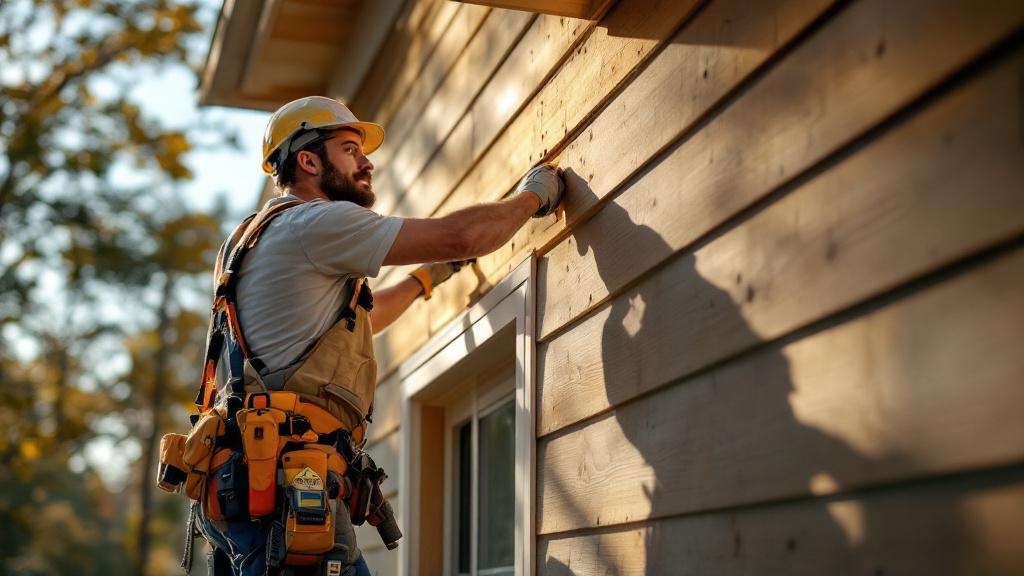
Vinyl siding usually starts with a lower price tag, and that is appealing. But the numbers change when you add frequent repairs, color fading, storm damage, and earlier replacement—often around 10 to 15 years in harsh conditions. Moisture sneaking behind panels can lead to hidden wall repairs, which can be costly.
Upfront Vs. Lifecycle Costs
Hardie plank siding asks for more upfront, yet it delivers decades of steady performance with minimal maintenance. The 30-year product warranty and proven durability reduce replacement frequency. The baked-on ColorPlus finish resists fading far longer, protecting curb appeal and marketability when it is time to sell.
Hidden Financial Benefits
There are side benefits that add up:
- Fire resistance can help with insurance premiums
- Tighter wall assemblies often support better energy performance
- Lower monthly utility bills from improved thermal performance
- Higher home appraisal values at resale
- Buyer appeal from the James Hardie reputation
Professional Installation Matters
Professional installation protects that value. James Hardie Elite Preferred Contractors—such as Keystone Siding & Windows—follow strict best practices that help the siding perform as designed and keep warranties intact. When you compare repeated expenses with vinyl to a one-time quality investment in Hardie plank siding, the long-term value becomes clear.
"The true cost of exterior cladding should be measured not just in initial price, but in lifecycle performance, maintenance requirements, and protection value over decades." – National Association of Home Builders
Making The Right Choice For Your Atlanta Home
When selecting siding for Greater Atlanta, consider these factors:
- Climate compatibility – Does it handle heat, humidity, and storms?
- Maintenance requirements – How much time and money will upkeep require?
- Warranty coverage – What protection does the manufacturer offer?
- Installation expertise – Are qualified contractors available?
- Resale value – Will it appeal to future buyers?
For most homeowners in Greater Atlanta, GA, fiber cement siding checks all these boxes better than vinyl. The initial investment pays off through decades of reliable performance, minimal maintenance, and strong resale appeal.
Conclusion
Vinyl siding may look like a bargain at first, but Hardie plank siding delivers the durability, weather resistance, and long-term value Greater Atlanta, GA demands. Installation quality matters just as much as the product. Schedule a free design consultation with Keystone Siding & Windows to explore James Hardie styles and get a detailed estimate.
FAQs
Question 1: Does Hardie Plank Siding Really Last Longer Than Vinyl In Atlanta?
Yes. Fiber cement often delivers 30 years or more, backed by James Hardie's 30-year non-prorated warranty. Atlanta's heat, humidity, and storms tend to age vinyl faster, with many homes replacing it in 10–15 years. Choosing an Elite Preferred Contractor helps Hardie plank siding reach its full service life.
Question 2: Is Fiber Cement Siding More Energy-Efficient Than Vinyl?
Fiber cement assemblies generally provide a better thermal barrier than basic vinyl setups because they are more stable and pair well with proper housewrap, flashing, and sealing. That helps reduce air leakage, eases HVAC strain, and lowers monthly bills. Better energy performance supports the return on investment over time.
Question 3: Can Hardie Plank Siding Withstand Georgia's Weather?
Yes. It is engineered for moisture resistance, so it will not swell or rot the way absorbent materials can. It resists water absorption, stands up to hail and high winds better than vinyl, and tolerates the region's intense UV. James Hardie tests products for humid, storm-prone climates like Greater Atlanta, GA.
Question 4: Why Does Keystone Siding & Windows Exclusively Use Fiber Cement Instead Of Vinyl?
Quality and long-term results. Over 25 years of local projects show fiber cement outperforms vinyl on durability, function, and value in Greater Atlanta, GA. Homeowners deserve siding that protects their investment for decades. Keystone Siding & Windows is a James Hardie Elite Preferred Contractor, reflecting a commitment to top products and expert installation.

